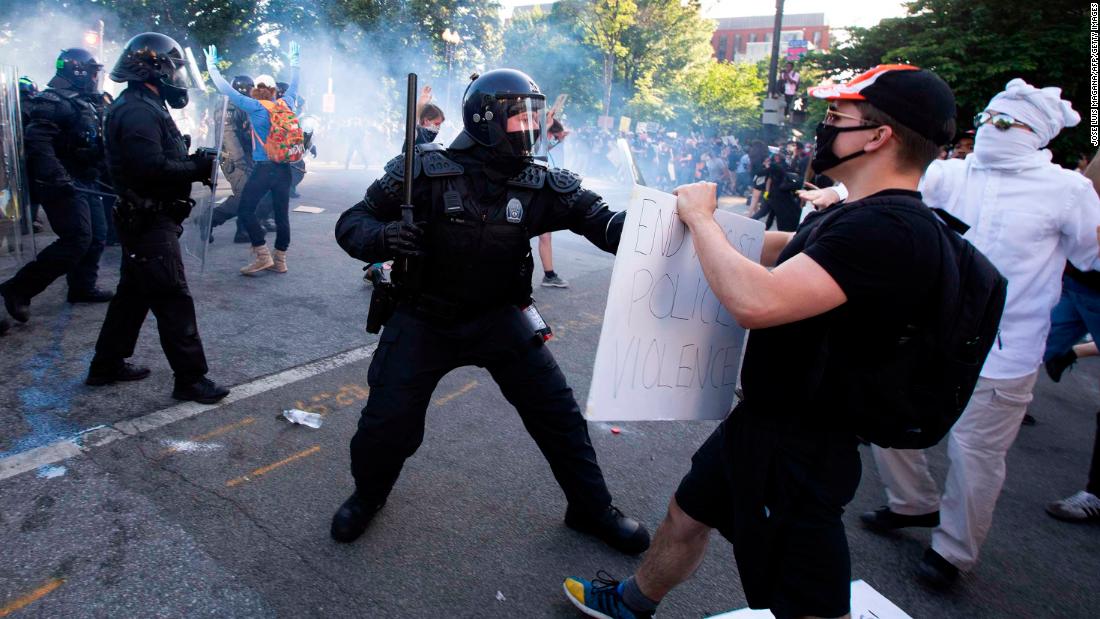[ad_1]
He is right — arrests are easy, but convictions are almost unviable given the current state of our laws. That is why we must demand systemic changes to reform policing in American to ensure that Floyd, Breonna Taylor and other casualties of alleged police misconduct do not die in vain.
Here are five solutions:
- Justice must be served. The officers involved in the killings of Floyd and Taylor must be convicted and sentenced.
- Limit qualified immunity for police officers. This doctrine makes it more difficult to hold the police accountable for civil rights violations unless other cases “clearly established” that their actions were unconstitutional. The Supreme Court is now considering whether to revisit the doctrine and further discuss pending cases that have asked the court to overrule the immunity defense. The court should do this, because absolutely no one is above the law.
- Establish a federal use-of-force standard. We need a federal use of force standard to train every officer in the country in the appropriate ways to respond during interactions with civilians, and to prosecute officers if they fail to meet those standards.
- Establish a federal police misconduct database. Currently, no public database — standardized through the Department of Justice — keeps a record of decertified police officers exists. All states do not participate in the database that is currently available, and the information is not accessible to the public. To foster transparency and monitor patterns of bad behavior, this must change. The Justice Department must establish and maintain a national database of decertified police officers that is publicly available, and any police department seeking any federal funding from the Department of Justice must report into this database. This would prevent decertified cops in one state or jurisdiction from going to work for a police department somewhere else.
- Lower the standard for federal criminal civil rights prosecutions. It will remain damn near impossible to convict a police officer for civil rights violations unless we lower the legal standard of proof.
This list does not have every answer, but it is a start. We must harness the anger of today to dismantle the system that makes it virtually impossible to hold those police officers who engage in misconduct accountable. Democrats and Republicans alike should be able to agree to these commonsense proposals and take a constructive step towards reforming policing in America.
In the meantime, we must keep organizing and protesting. Together, through direct action and advocating for systemic reforms, we have the power to ensure that our movement generates the change that we all so desperately want to see.
[ad_2]
Source link



